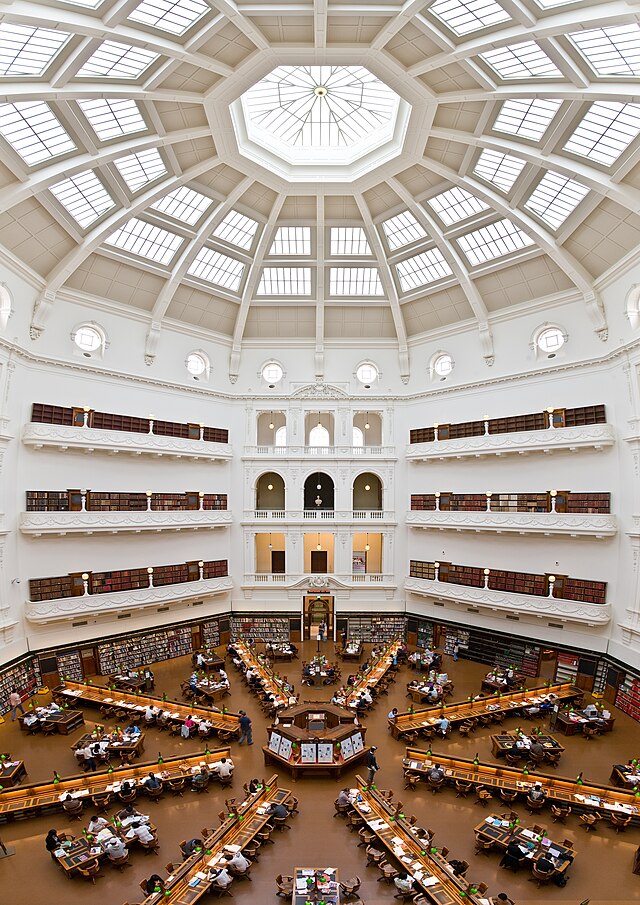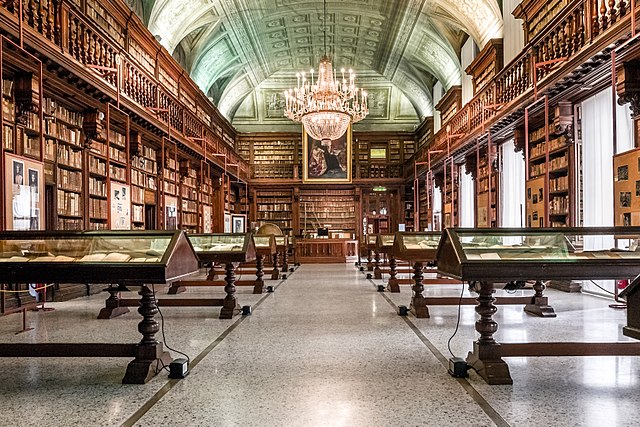City of Literature
Recognition conferred by UNESCO From Wikipedia, the free encyclopedia
UNESCO's City of Literature programme is part of the wider Creative Cities Network.


The Network was launched in 2004, and now has member cities in seven creative fields. The other creative fields are: Crafts and Folk Arts, Design, Film, Gastronomy, Media Arts, and Music.[1]
Criteria
To be approved as a City of Literature, cities need to meet a number of criteria set by UNESCO.[2]
Designated UNESCO Cities of Literature share similar characteristics:
- Quality, quantity, and diversity of publishing in the city
- Quality and quantity of educational programmes focusing on domestic or foreign literature at primary, secondary, and tertiary levels
- Literature, drama, and/or poetry playing an important role in the city
- Hosting literary events and festivals, which promote domestic and foreign literature
- Existence of libraries, bookstores, and public or private cultural centres, which preserve, promote, and disseminate domestic and foreign literature
- Involvement by the publishing sector in translating literary works from diverse national languages and foreign literature
- Active involvement of traditional and new media in promoting literature and strengthening the market for literary products
Cities submit bids to UNESCO to be designated a City of Literature. The designations are monitored and reviewed every four years by UNESCO.
About the cities
Summarize
Perspective


In 2004, Edinburgh became the first literary city. It hosts the annual International Book Festival and has its own poet laureate—the Makar.[3][4]
Ljubljana runs their Library Under the Treetops at various locations across the city, including Tivoli City Park and Zvezda Park. These sites offer a selection of book genres and several domestic and foreign newspapers and magazines.[5]
Manchester is home to the "world-class" Central Library and the "historic gems" of The Portico, John Rylands, and Chetham's.[6]
Melbourne's is home to Australia's oldest public library State Library of Victoria, the Centre of Books, Writing and Ideas The Wheeler Centre and was home to the world's biggest book shop Cole's Book Arcade, opened at the turn of the twentieth century.
Prague's "great intellectual and creative resources," includes the book design, illustration, typography, and graphic design fields. It also has the National Library of the Czech Republic among over 200 libraries, one of Europe's highest concentrations of bookshops, and the Prague Writers' Festival.[7]
Libraries in other literary cities, include: Braidense National Library in Milan, Heidelberg University Library, and the National Library of Ireland in Dublin.[8][9][10]
Dunedin is the "Edinburgh of the South", and home to New Zealand's oldest university. Durban is "fun-loving."[11][12]
Montevideo is a "vibrant, eclectic place" and Québec City is a "gorgeous, seductive place."[13][14]
Cities of Literature
Summarize
Perspective




11 countries have multiple Cities of Literature; 10 of them have two, while the United Kingdom has five.
The Cities of Literature are:
See also
References
External links
Wikiwand - on
Seamless Wikipedia browsing. On steroids.
